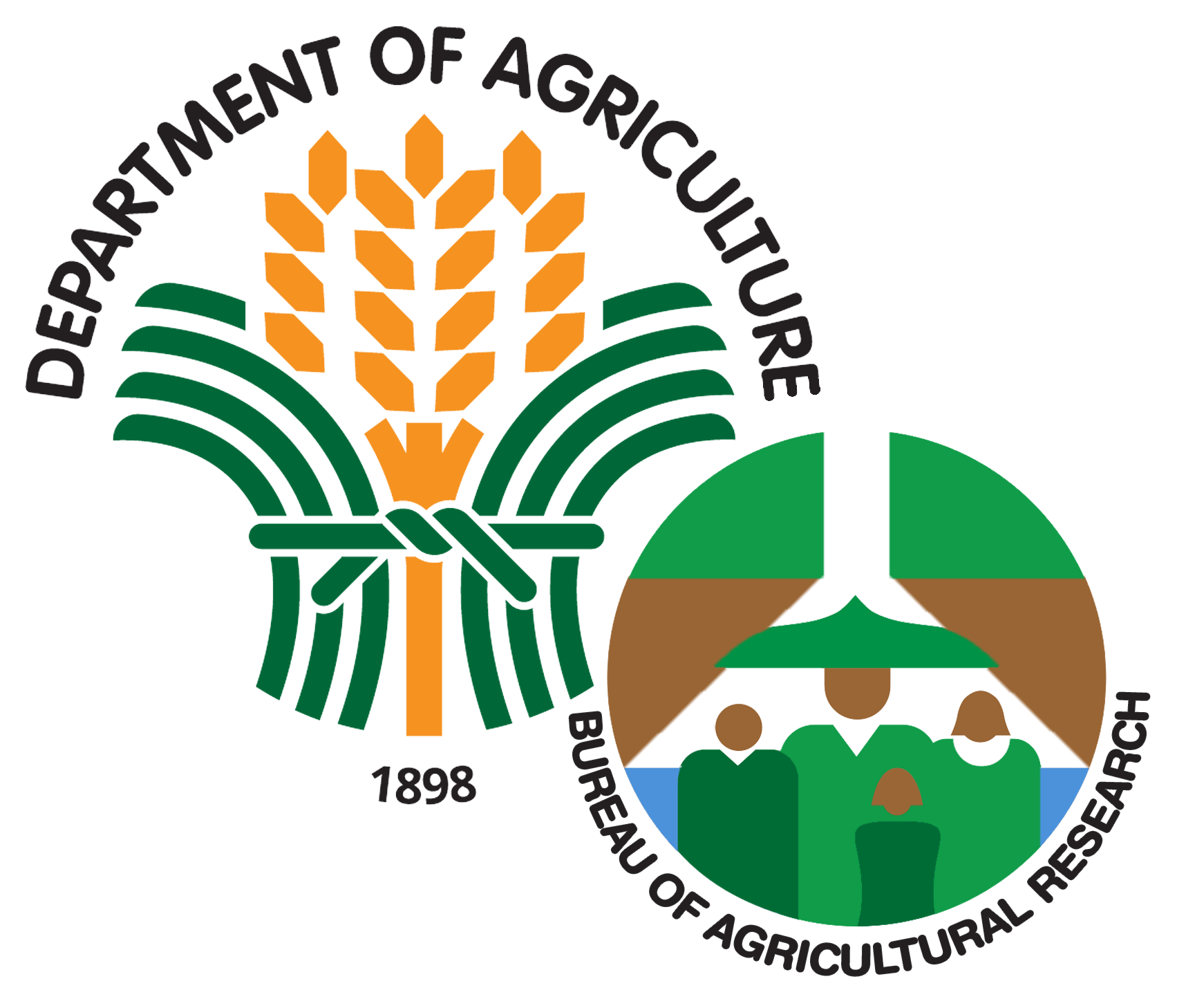Four projects under the Community-based Participatory Action Research (CPAR) program of the Department of Agriculture (DA)-Bureau of Agricultural Research report success during the completion and progress review held on 20 May 2021 via video conferencing.
The community-based projects were implemented by DA-Central Visayas in Negros Oriental, Siquijor, and Bohol.
Corn-based farming in hilly areas
Package of technologies (POT) for the development of a corn-based farming system in hilly land areas were introduced in Valencia, Negros Oriental.
Soil and water conservation measures like creating contour lines/hedgerows, soil traps, contour canals, and rock walls helped in increasing corn yield from 980 kilograms to 2,000 kilograms per hectare.
Postharvest losses were also reduced from 25 to almost 10 percent with the construction of a multi-purpose solar dryer made from local raw materials and UV plastic.
Farmers were also introduced to hybrid and open-pollinated varieties, and planting of other vegetables, root crops, banana, and legumes to increase their income by 20 percent, or an approximate additional net income of PhP 320,796 per hectare per year.
Further, the project promoted the utilization of organic fertilizers and pesticides in the community.
Diversifying lowland vegetable-based integrated farming system
The project aimed to boost vegetable production in Enrique Villanueva, Siquijor and establish agribusiness and livelihood enterprises in the community.
Diversification of the farming system resulted in a 90 percent increase in vegetable production, providing an additional net income of PhP 5,353.27 to as much as PhP 85,663.49 depending on the crops planted.
A farmers’ association was also organized to further empower farmers.
They now engage in agribusiness enterprise by processing peanut products such as peanut butter, kisses, and milkpeyato. They were also trained in small ruminant production and breeding.
Through such interventions, net income was increased by an average of PhP 28,218.65.
Testing of multi-storey cropping with native chicken
Sustainable multi-storey cropping with native chicken integration is to be introduced to the farmers in Maria, Siquijor.
Partial establishment of the multi-storey farming system in hilly agricultural lands was accomplished. Preparation of planting materials is being fast-tracked for the integration of banana, cacao, and coconut in the farming system.
Meanwhile, trainings on farm planning, soil and water conservation and management, POTs on banana, cacao, and coconut production, native chicken health care and management, and organic vegetable production and its economic potentials were held.
Improving rice-based farming system in irrigated lowland area
The project aimed to improve farm productivity and increase the income of farmers in Ubay, Bohol.
Labor cost was reduced by an average of 54.5 percent for the two sites through the adoption of the drum seeder technology.
Farmers were also introduced to new generation seeds to reduce input costs. Preliminary results showed that high-yielding registered inbred seeds only costed them PhP 1,840 per hectare compared to hybrid seeds that cost them PhP 6,000.
Coupled with improved cropping pattern, farmers’ income significantly increased with an additional PhP 107,252.38 which translates to 290 percent because of the integration of vegetable and watermelon production.
Finally, six trainings were also conducted to capacitate farmers on rice production using the drum seeder, peanut production, high-value crops production, organic fertilizer and pesticide production, watermelon production, and basic farm record keeping and accounting.
CPAR is an extension modality and an innovative approach to research for development that focuses on the verification, demonstration, and adoption of agriculture and fishery technologies at the community level.


